This is a kind of kidney disorder that occurs due to damage to the small blood cells of the kidney. This syndrome results in the excretion of excessive protein in your urine.
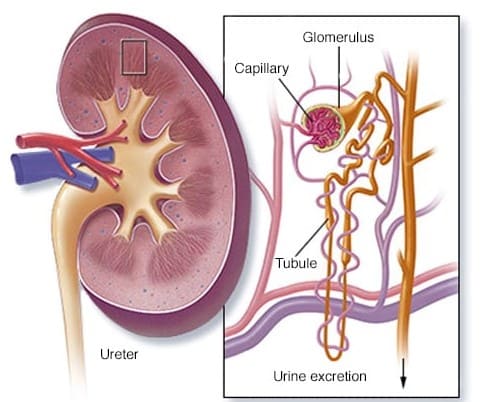
This is a kind of disease that develops due to inflammation in tiny kidney organs called glomeruli. The glomeruli are important structures that are responsible for removing extra fluid and waste from your bloodstream.
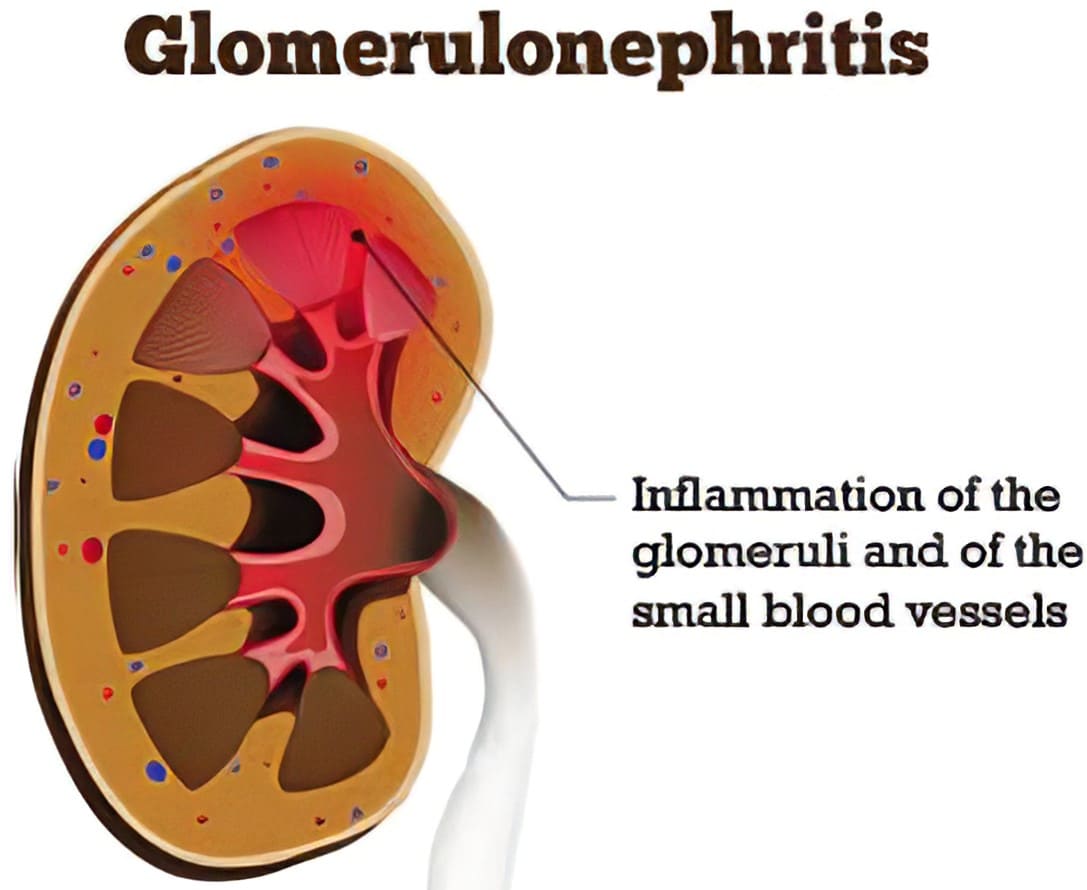
Pyelonephritis is a type of urinary tract infection where one or both kidneys become infected. They can be infected by bacteria or a virus. It can cause people to feel very sick and it requires treatment. This article will tell you more about kidney infection and what to do about it.
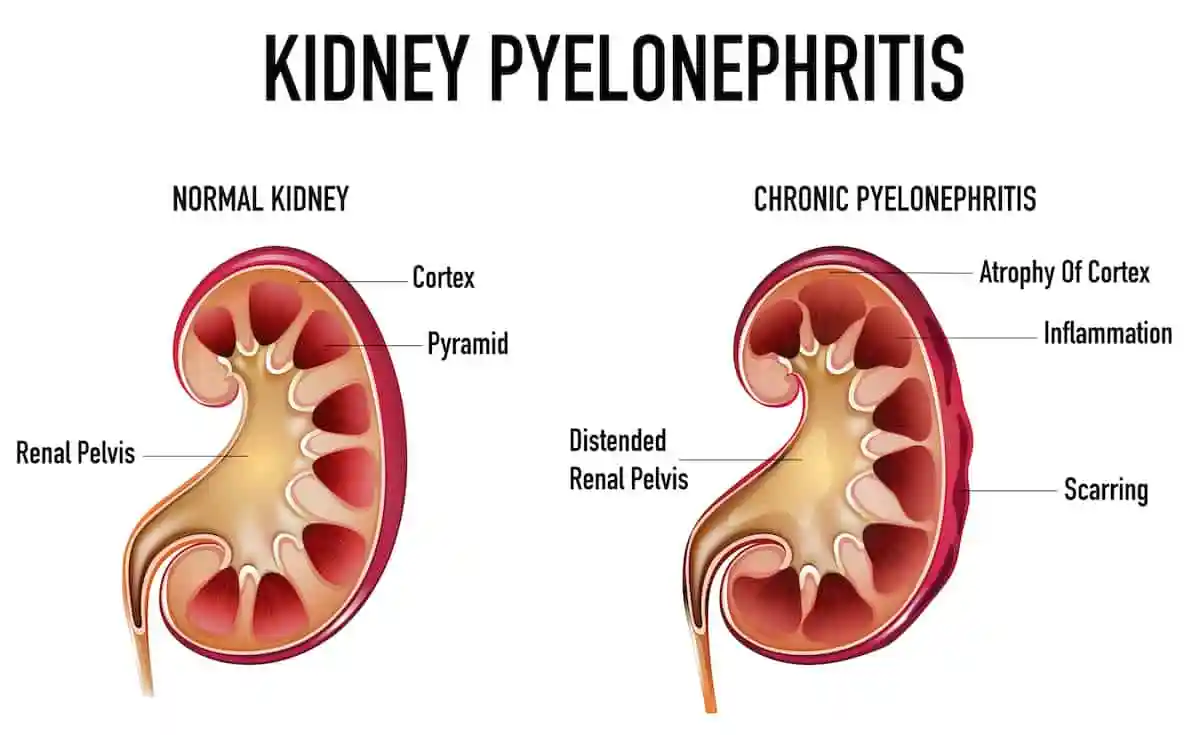
Polycystic kidney disease (PKD) is an inherited disorder in which clusters of cysts develop primarily within your kidneys, causing your kidneys to enlarge and lose function over time. Cysts are noncancerous round sacs containing fluid. The cysts vary in size, and they can grow very large.
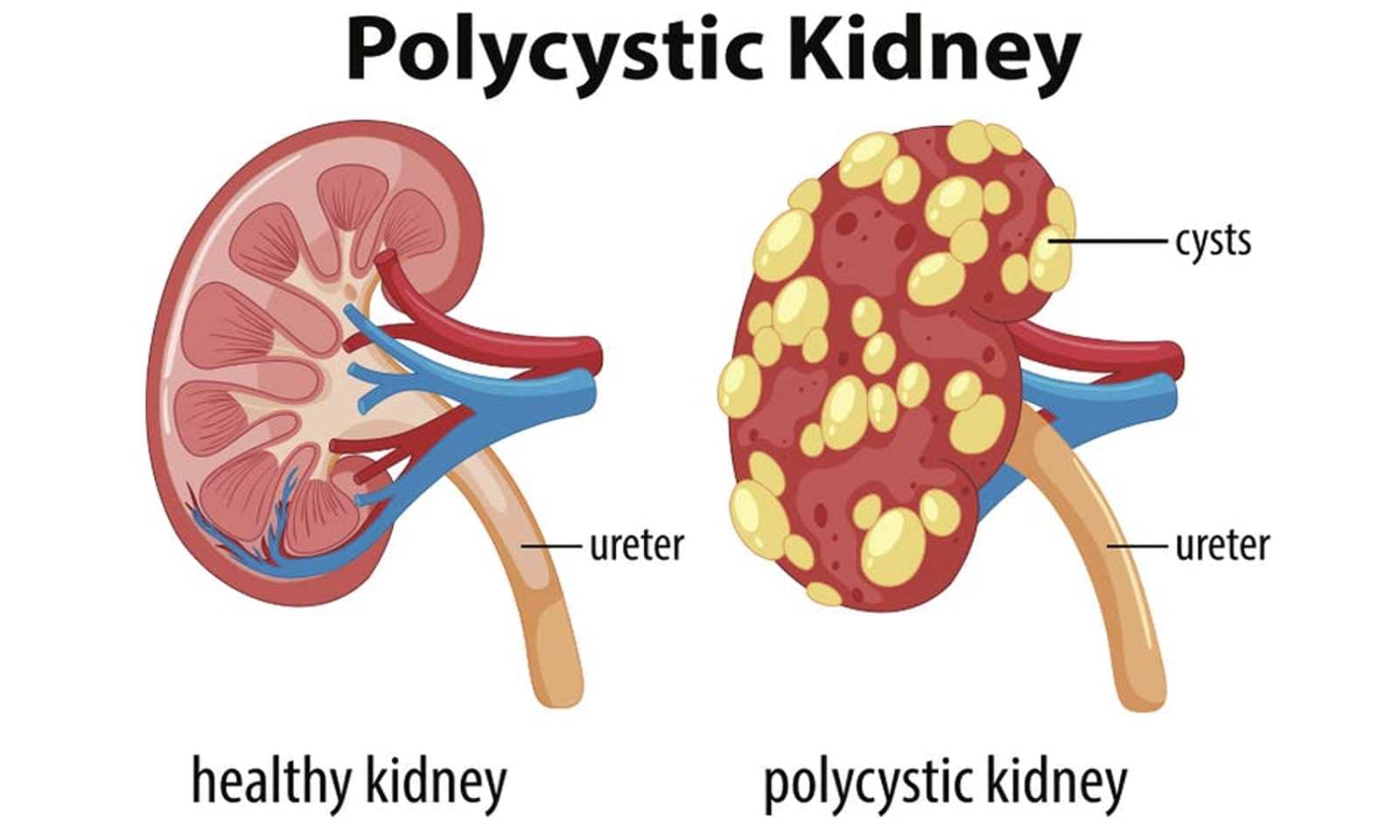
A ureteral obstruction is a blockage in one or both of the tubes (ureters) that carry urine from the kidneys to the bladder. Ureteral obstruction can be cured. However, if it's not treated, symptoms can quickly move from mild — pain, fever and infection — to severe — loss of kidney function, sepsis and death.
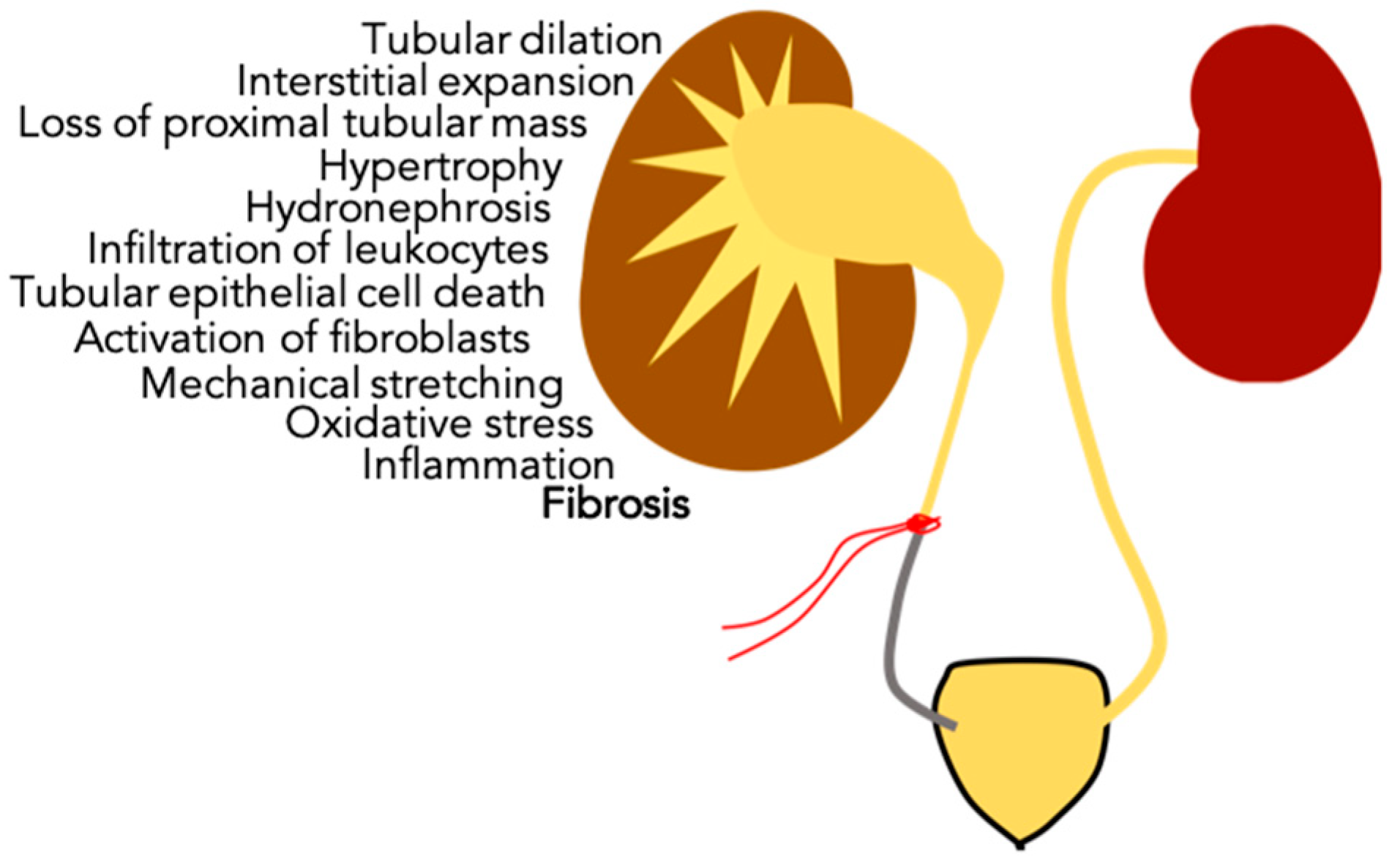
The disease is due to the body's immune system attacking tissues in the kidney. IgA nephropathy is one of the most common kidney diseases, other than those caused by diabetes or high blood pressure.
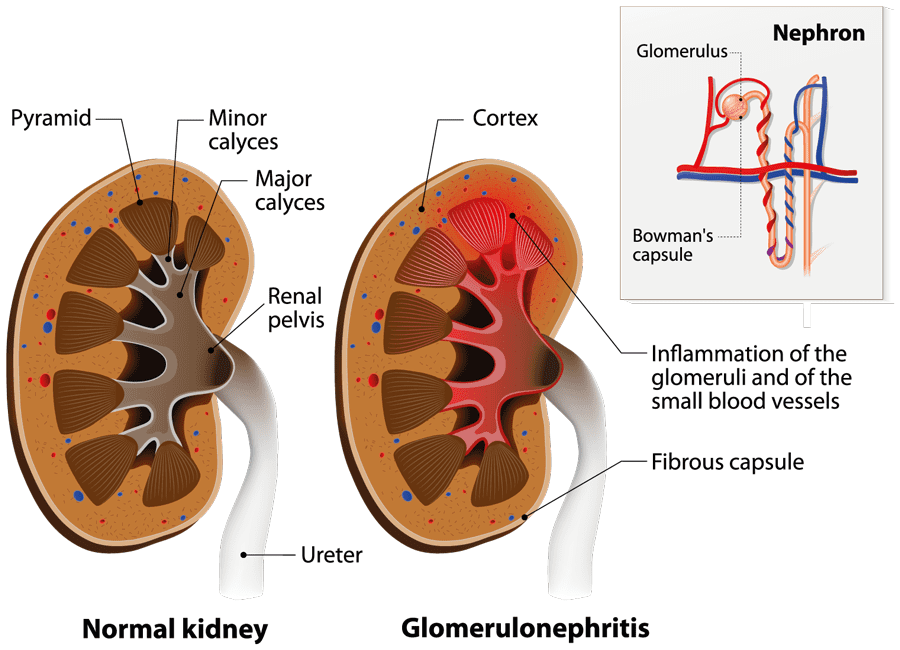
Proteinuria is increased levels of protein in the urine. This condition can be a sign of kidney damage. Proteins – which help build muscle and bone, regulate the amount of fluid in blood, combat infection and repair tissue – should remain in the blood.
In hematuria, your kidneys — or other parts of your urinary tract allow blood cells to leak into urine. Various problems can cause this leakage, including: Urinary tract infections. These occur when bacteria enter your body through the urethra and multiply in your bladder.
Urinary tract infections are more common in women. They usually occur in the bladder or urethra, but more serious infections involve the kidney.
A bladder infection may cause pelvic pain, increased urge to urinate, pain with urination and blood in the urine. A kidney infection may cause back pain, nausea, vomiting and fever.
Renal hypertension (or renovascular hypertension) is high blood pressure caused by the narrowing of your arteries that carry blood to your kidneys. It is also sometimes called renal artery stenosis. Because your kidneys are not getting enough blood, they react by making a hormone that makes your blood pressure rise.
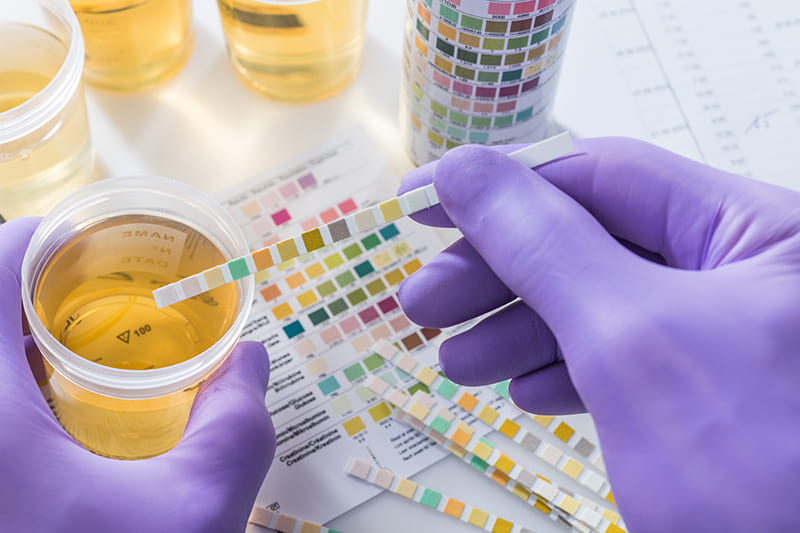
This disease is characterized by abnormal growth of protein known as amyloids in different parts of the body.
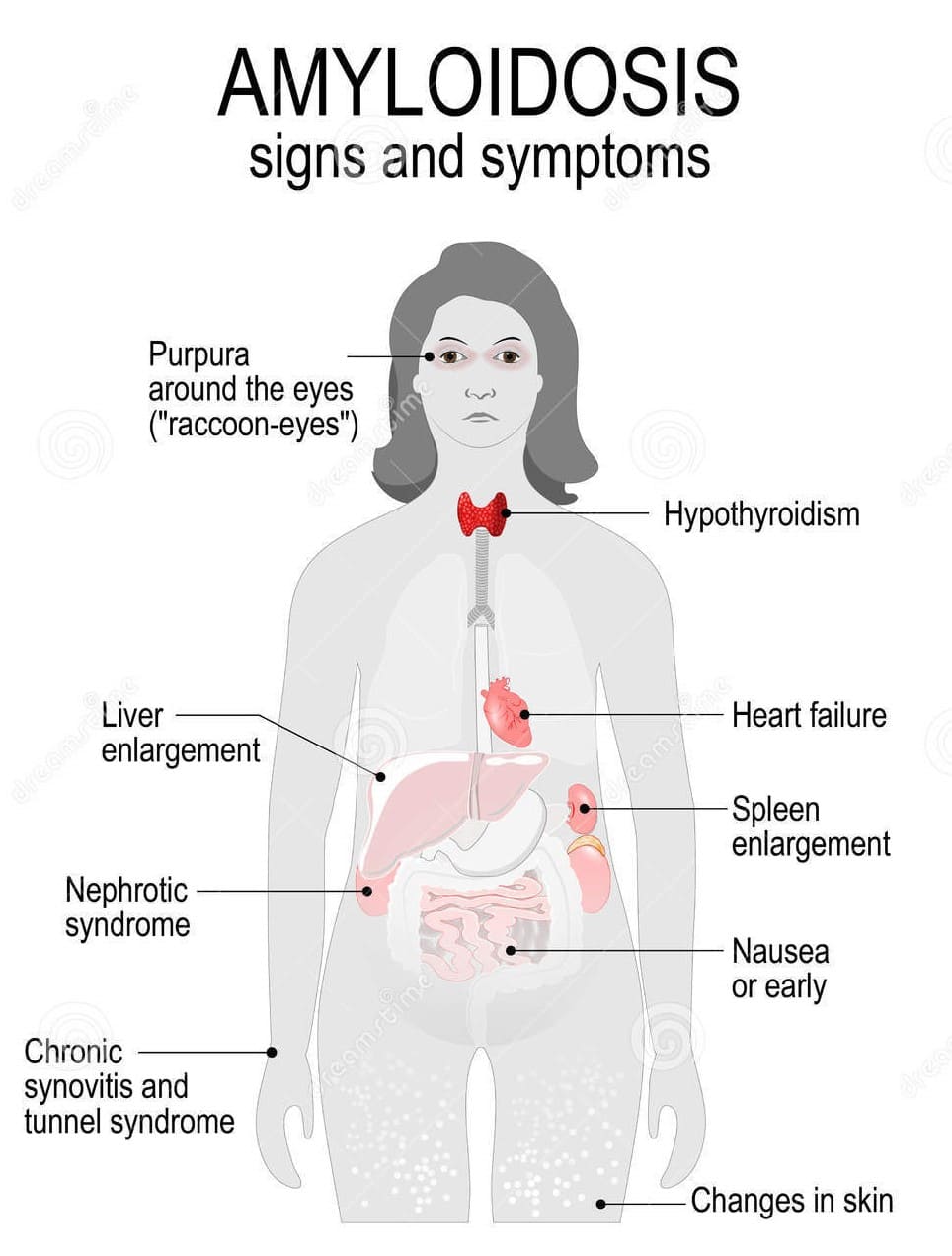
This condition results from an abnormal imbalance of minerals in the body that results in potentially harmful damage to vital organs including the brain and muscles.
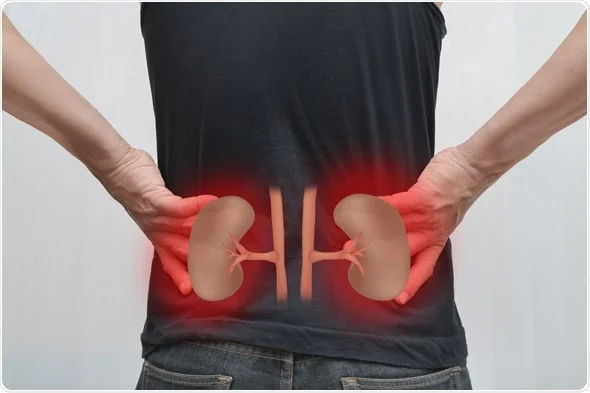
This is a medical condition in which blood flow to kidneys reduces significantly due to renal artery diseases and leads to poor kidney functioning.
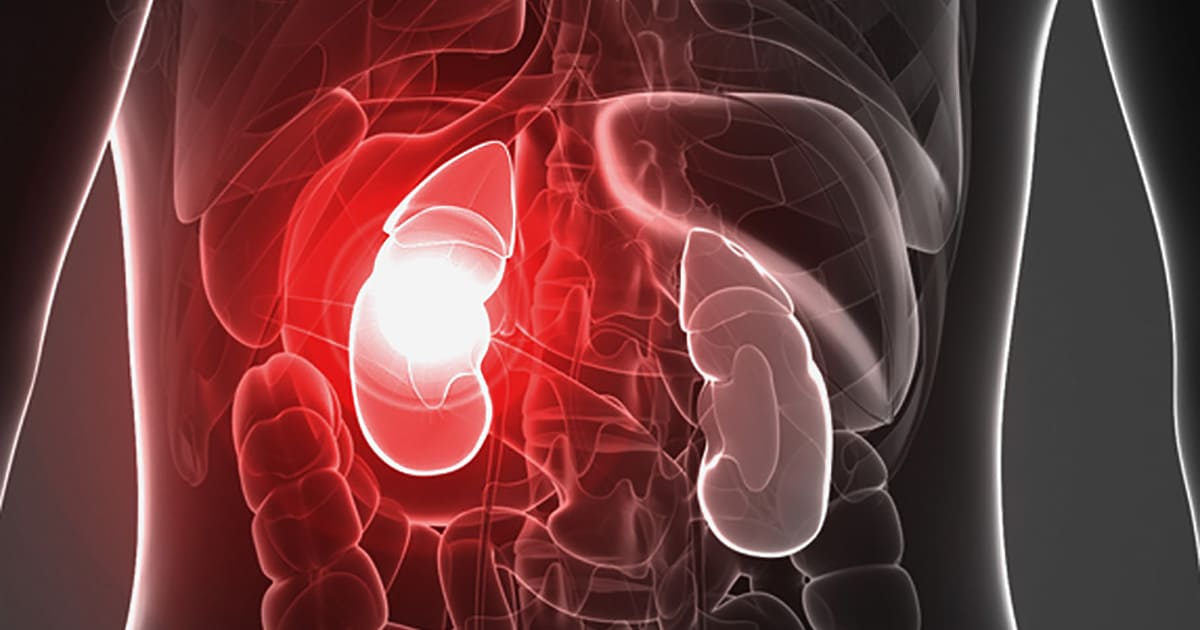
Frequent swelling in the legs, ankles, or feet
Consistent headaches
Dry and itchiness in the skin
Reduced sense of taste and appetite
Less energy and trouble concentrating
Unexplained confusion, memory problems, or trouble focusing
Pain, fluid in the joints, or stiffness
Unexplained blood pressure problems
Muscle cramps, numbness, or weakness
Blood in the urine (hematuria)
Reduced urine output not related to dehydration
Abnormal weight loss
+91 9843722515
04565 356355
kkckidneycare@gmail.com